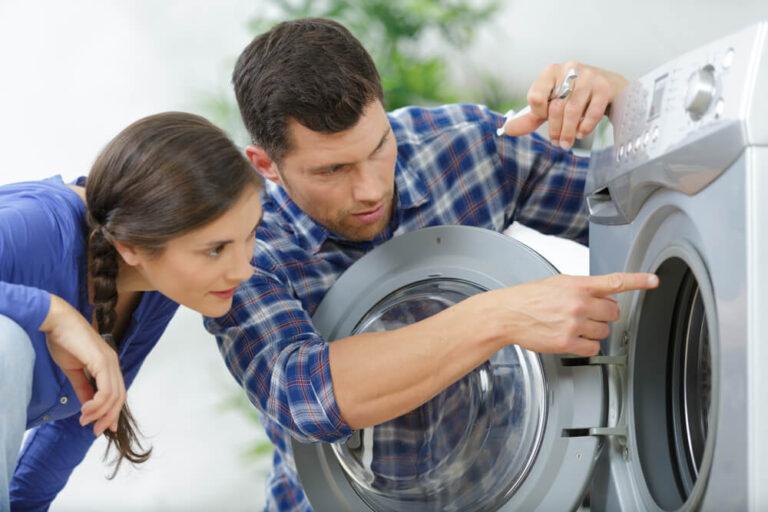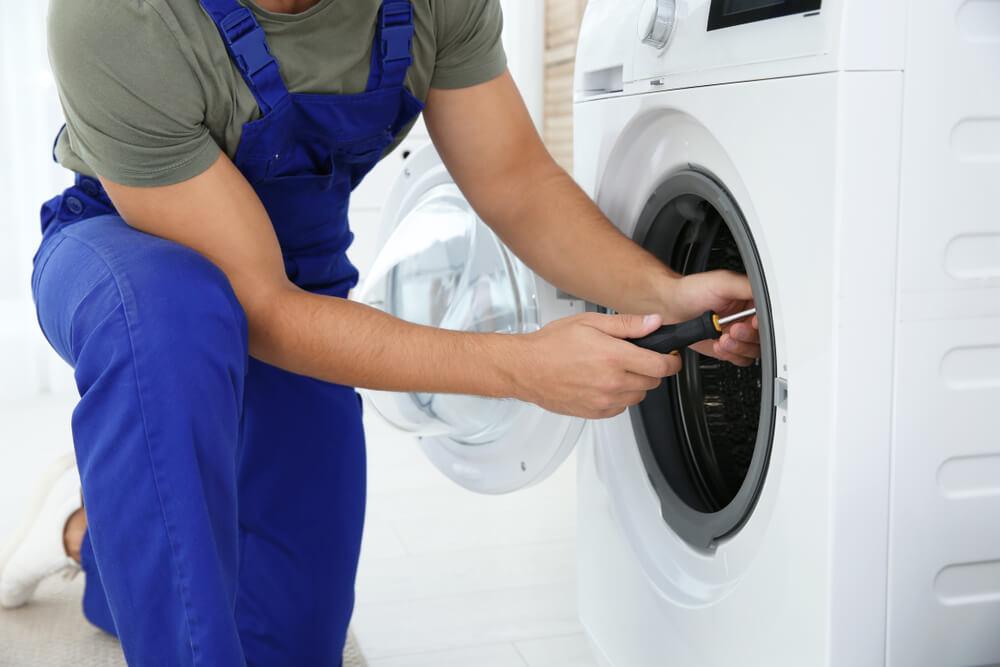DIY or Call a Pro? A Comprehensive Guide to Washing Machine Repairs
When your washing machine breaks down, it can feel like your entire household is thrown into disarray. Whether it's a simple issue like a clogged hose or something more complex like electrical problems, the question looms large: Should you tackle the repair yourself or call in a professional? This guide will delve deep into the world of washing machine repairs, offering insights that will help you make an informed decision.

Understanding Your Washing Machine
How Does a Washing Machine Work?
Before diving into repairs, understanding how your washing machine operates is essential. Most machines consist of several key components:
Knowledge of these parts can help pinpoint where issues may arise.
Common Problems with Washing Machines
Washing machines, much like any other appliance, can experience various problems. Here’s a list of frequent issues:
- Not starting
- Water not filling
- Leaking water
- No spinning
- Excessive noise during operation
- Error messages on digital displays
By identifying symptoms, you can better decide whether to attempt repairs or seek professional help.
DIY or Call a Pro? A Comprehensive Guide to Washing Machine Repairs
Assessing Your Skills and Comfort Level
Before attempting any repairs, consider your mechanical skills and confidence level. Are you comfortable working with tools? Have you tackled similar projects before? If the answer is yes, some DIY fixes might Click for source be within reach.
Tools You'll Need for DIY Repairs
If you're taking the plunge into DIY repairs, having the right tools is crucial. Here’s a checklist:
- Screwdriver set (flathead and Phillips)
- Pliers
- Wrench set
- Towels (for spills)
- Bucket (to catch excess water)
- Multimeter (for electrical checks)
Having these tools handy can make your repair process smoother.
Basic Troubleshooting Steps Before Repairing
Sometimes, what seems like a significant issue could be resolved easily. Here are some troubleshooting steps:
These simple checks can save time and effort in diagnosing problems.
Common DIY Repairs You Can Try
Repairing Water Inlet Valve Issues
If your washer isn't filling with water, it might be due to a faulty inlet valve:
A new inlet valve is relatively inexpensive and easy to install!
Fixing Drainage Problems
If water isn’t draining properly from your washing machine:
Addressing drainage issues promptly helps avoid more extensive damage.
Dealing with Excessive Noise During Operation
Is your washing machine sounding like it’s auditioning for "America's Got Talent"? Excessive noise can stem from various sources:
Most noise issues are easy to fix once identified!
When to Call a Professional: Signs That It’s Time
Complex Electrical Issues
If you're not comfortable tackling electrical components, it’s best to consult professionals—especially when dealing with wires and circuits that could pose risks.
Persistent Leaks Despite Fixes
If you've tried fixing leaks without success—or if they're severe—calling in an expert ensures safety and proper resolution.
Frequent Error Codes on Digital Displays
Modern washers come equipped with sophisticated technology that can display error codes indicating specific issues beyond basic troubleshooting capabilities.

The Cost of Hiring Professionals: What You Should Know
While DIY solutions may save money upfront, hiring professionals brings expertise but at a cost:
| Service Type | Average Cost | |--------------|--------------| | Basic Repair | $100 - $150 | | Major Component Replacement | $150 - $300 | | Diagnostic Fee | $75 - $100 |
These costs vary depending on location and service provider—like those specializing in washer repair Naperville—but budgeting accordingly helps manage expectations.
Benefits of Professional Repairs Over DIY Attempts
Expertise Saves Time and Hassle
Professionals have experience diagnosing problems quickly—saving you valuable time that could be spent elsewhere!
Warranty Protection on Repairs Done Correctly
Many professional services offer warranties on their work; should something go wrong post-repair, you're covered without additional costs.
Frequently Asked Questions About Washing Machine Repairs
What are common signs that my washing machine needs repair?
Common signs include unusual noises during operation, failure to start, leaks around the base, or error codes on digital displays.
How do I know whether I should try repairing my washing machine myself?
Assess your comfort level with tools and mechanical tasks; if unsure about anything complex involving electricity or plumbing, it's safer to call a pro!
Can I use vinegar as part of regular maintenance?
Absolutely! Running an empty cycle with vinegar helps eliminate odors and mineral buildup while being eco-friendly too!

How often should I clean my washing machine?
It's advisable to perform general maintenance every few months; deep cleaning every six months keeps everything running smoothly!
What should I do if my washing machine is vibrating excessively?
First, check that it's level; then inspect suspension components; if nothing works out—consider professional assistance before further damage occurs!
Is it worth repairing an old washing machine?
This depends on age versus repair cost; generally speaking—if repairs exceed half its value—it might be time for replacement instead!
Conclusion
In conclusion, deciding between DIY repairs versus calling a professional boils down to skill sets, comfort levels with mechanical tasks—and ultimately—the nature of the problem itself! With this comprehensive guide under your belt about washer repair Naperville, you'll have all necessary information at hand when faced with potential dilemmas regarding any future mishaps involving laundry appliances! Whether opting for self-service solutions or enlisting expert help—knowing what courses exist empowers homeowners everywhere toward optimal home maintenance practices!